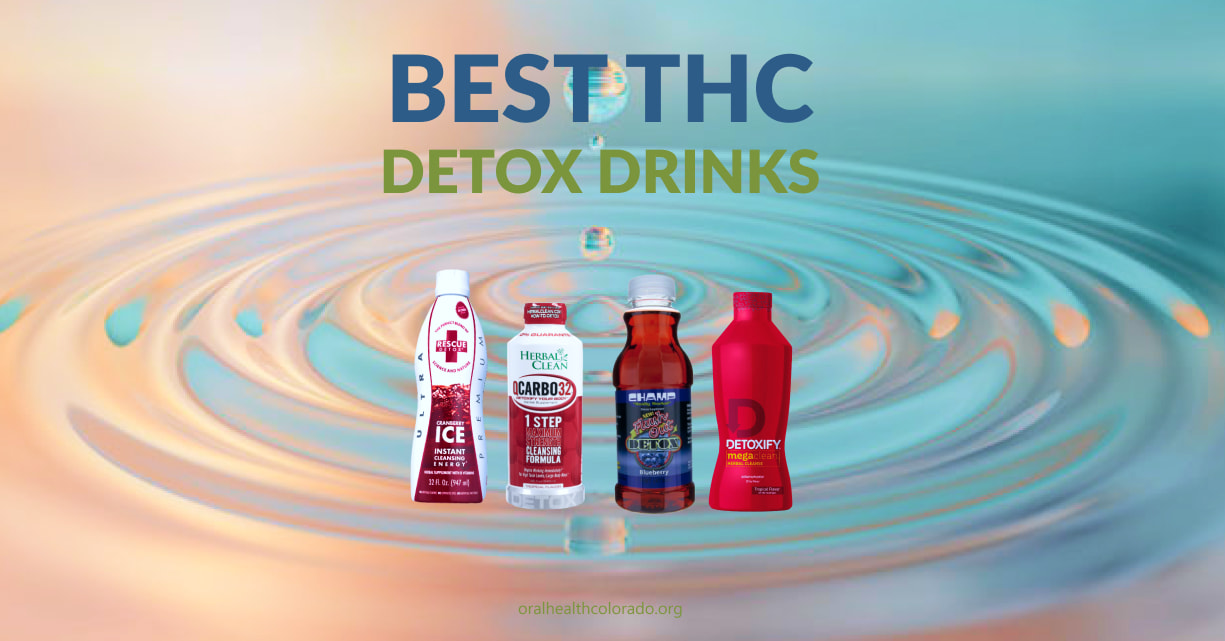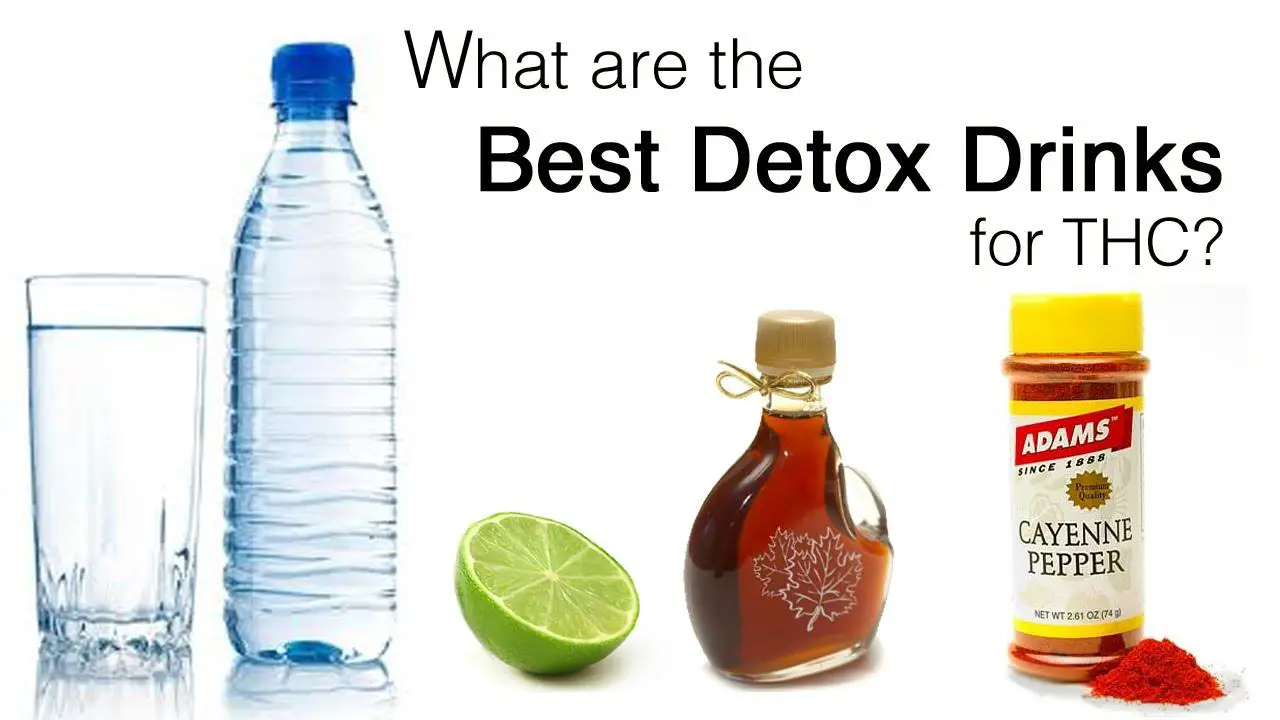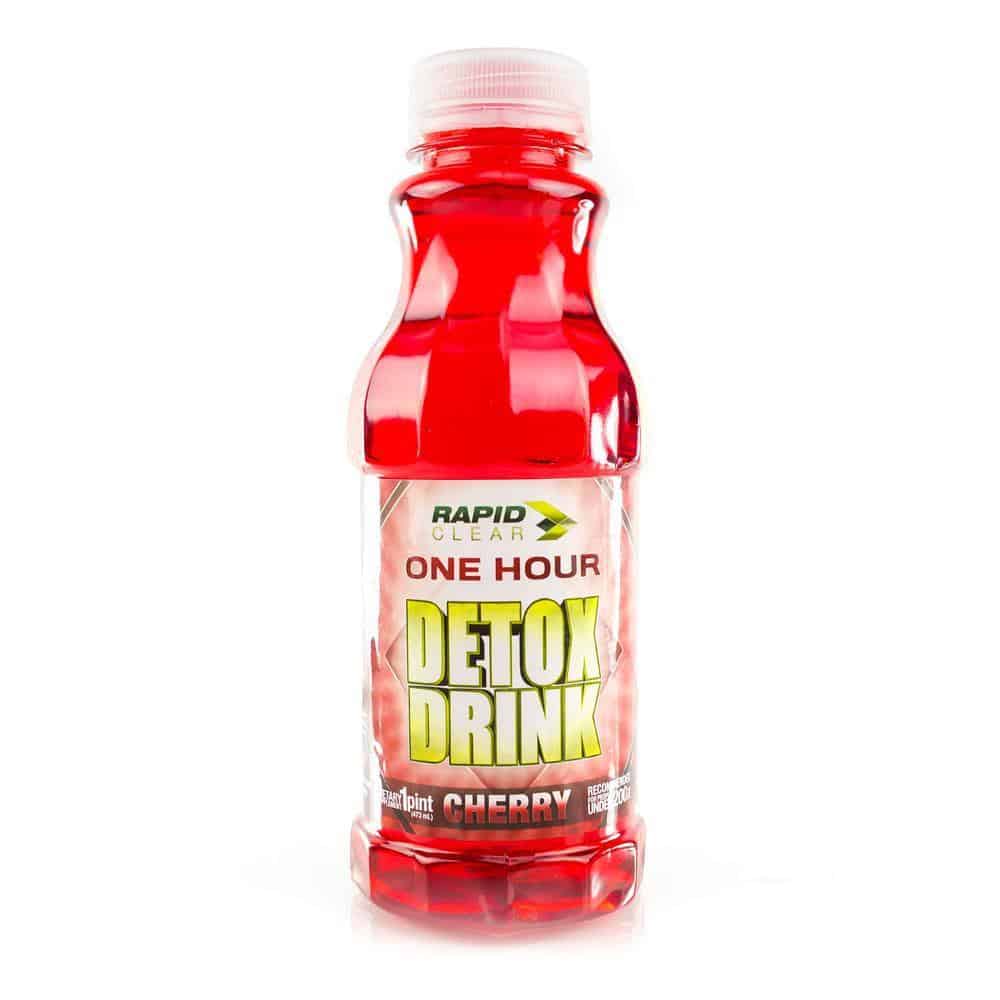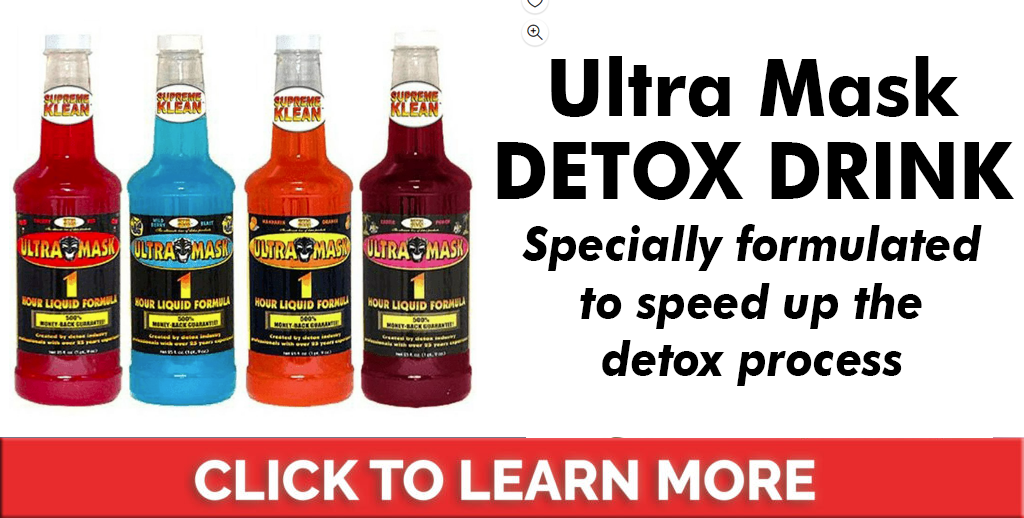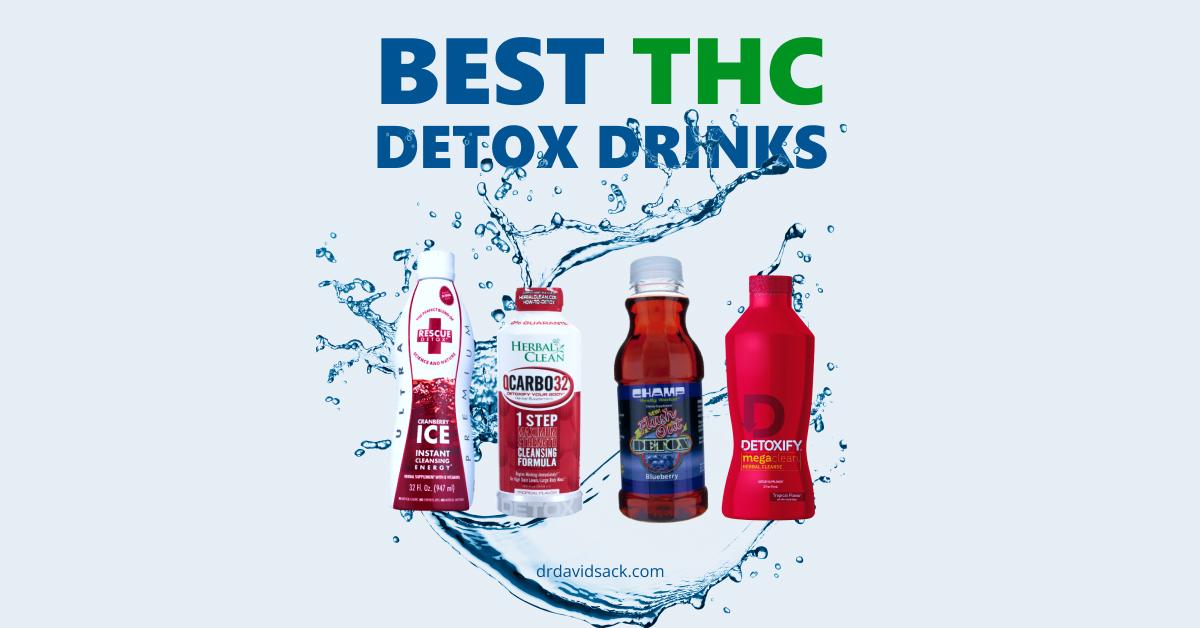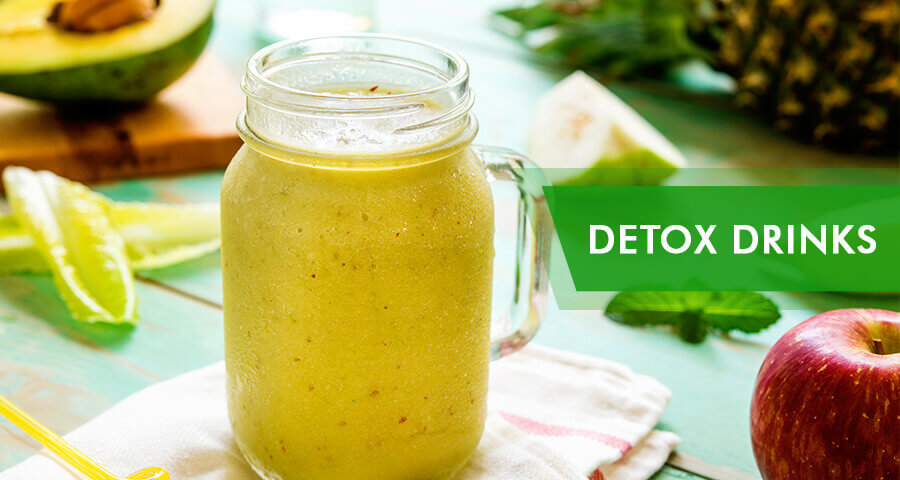Detox Drinks For Thc That Work
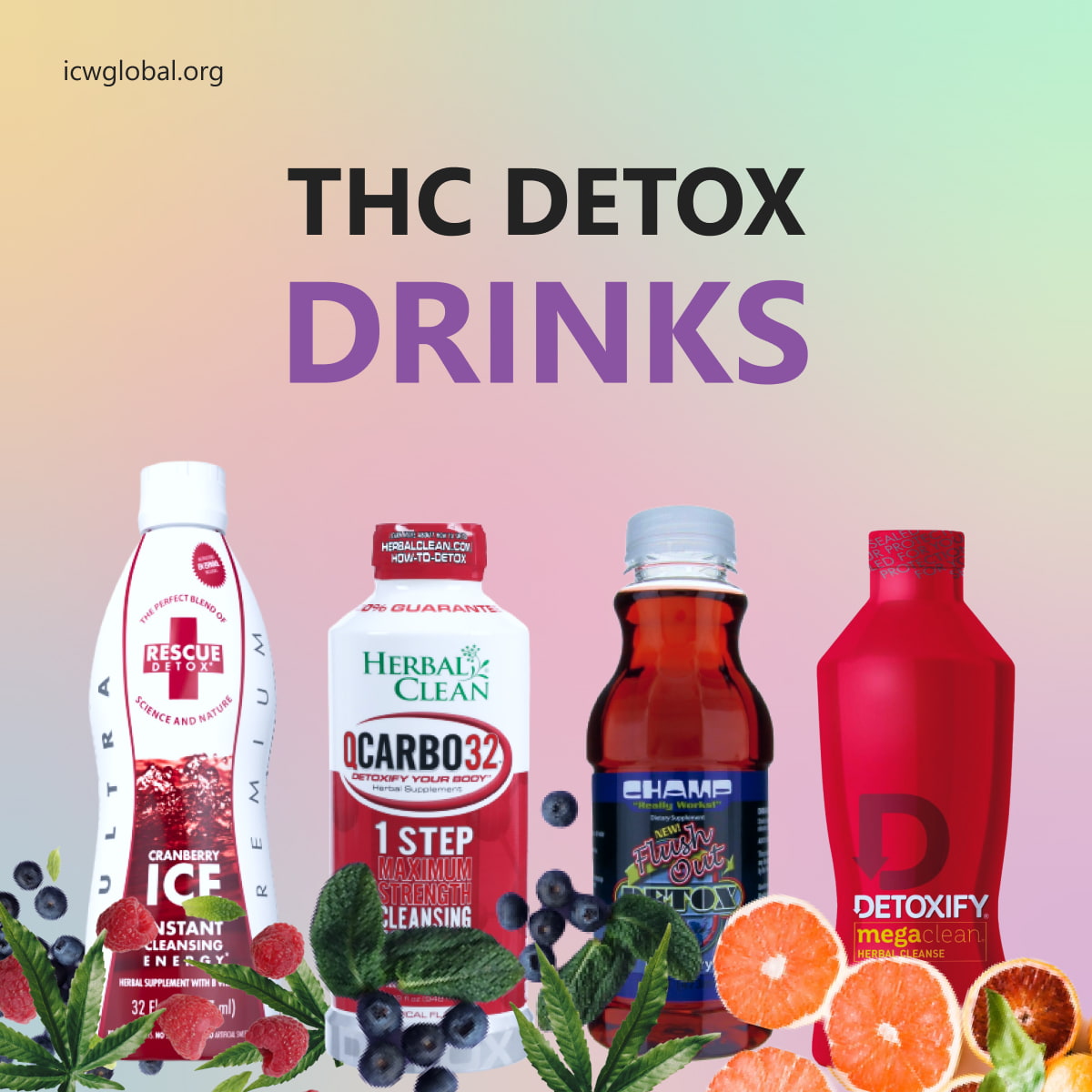
The market for THC detox drinks is booming, fueled by increasing cannabis legalization and continued drug testing in various sectors. These products promise to rapidly cleanse the body of tetrahydrocannabinol (THC), the psychoactive compound in cannabis, allowing individuals to pass drug tests. But do they actually work, and what are the potential risks?
Understanding the efficacy and safety of THC detox drinks is crucial, particularly for individuals facing employment-related drug screenings, legal requirements, or personal health concerns. This article delves into the science behind these products, examining the ingredients, mechanisms of action, and available evidence, while highlighting potential risks and offering a balanced perspective.
The Science Behind THC Metabolism
THC, after consumption, is metabolized by the liver into several metabolites, the most notable being THC-COOH. This metabolite is fat-soluble, meaning it is stored in fatty tissues and gradually released into the bloodstream. This slow release is why THC can be detected in urine, blood, and hair follicles long after the initial consumption.
Drug tests typically screen for THC-COOH, and the detection window varies based on factors like frequency of use, metabolism, body fat percentage, and the type of test used. Infrequent users may test negative within a few days, while chronic users could test positive for several weeks or even months.
How Detox Drinks Claim to Work
Most THC detox drinks do not eliminate THC from the body. Instead, they aim to dilute urine and mask the presence of THC-COOH. These drinks often contain ingredients like creatine, B vitamins, and diuretics.
Diuretics, such as caffeine, increase urination, which can temporarily dilute the urine. Creatine is added to replenish creatine levels in the urine, which are lowered by dilution and can raise red flags during drug testing. B vitamins are included to add color to the urine, preventing it from appearing too diluted and triggering suspicion.
Evidence and Effectiveness
Scientific evidence supporting the effectiveness of THC detox drinks is limited. Most studies focus on the general principles of dilution and masking, rather than specific detox products. A study published in the Journal of Analytical Toxicology highlighted the challenges in accurately detecting drug use due to dilution methods.
Anecdotal evidence abounds online, but these testimonials are often unreliable due to the lack of controlled studies and potential biases. It's important to note that dilution strategies can sometimes be detected by laboratories if creatinine levels are abnormally low or the urine is too clear.
Potential Risks and Side Effects
While THC detox drinks may seem like a quick fix, they come with potential risks. Over-hydration can lead to electrolyte imbalances, a condition known as hyponatremia, which can cause nausea, headaches, and in severe cases, seizures or coma.
Some ingredients in detox drinks can interact with medications or exacerbate pre-existing health conditions. Individuals with kidney problems, for example, should avoid excessive fluid intake and diuretic use. It's always advisable to consult with a healthcare professional before using these products.
Alternative Strategies for THC Detoxification
The most effective way to eliminate THC from the body is through natural detoxification processes. This involves abstaining from cannabis use and supporting the body's natural metabolic functions.
Factors that can aid in detoxification include: drinking plenty of water to stay hydrated, maintaining a healthy diet rich in fiber to promote waste elimination, engaging in regular exercise to burn fat where THC is stored, and getting adequate sleep to support metabolic processes.
Time is the most crucial element in natural detoxification. The longer an individual abstains from cannabis use, the lower the THC levels will become in their body.
Legal and Ethical Considerations
Attempting to tamper with drug test results can have legal consequences. Depending on the jurisdiction, submitting a diluted or adulterated urine sample can be considered a misdemeanor or even a felony. Employers may also have policies in place that penalize employees for attempting to cheat on drug tests.
Furthermore, reliance on detox drinks can create a false sense of security, potentially leading individuals to believe they can continue using cannabis without consequences. This can perpetuate risky behavior and undermine efforts to address potential substance abuse issues.
The Future of THC Detoxification
As cannabis legalization continues to spread, the demand for reliable THC detoxification methods is likely to increase. Research into more effective and safer detoxification strategies is ongoing.
Future advancements may focus on developing targeted therapies that accelerate THC metabolism or block its absorption into fatty tissues. However, until such methods are proven safe and effective, natural detoxification remains the most reliable approach.
Ultimately, understanding the limitations of THC detox drinks and adopting a comprehensive approach to detoxification, including abstinence, healthy lifestyle choices, and professional guidance when needed, is the most responsible course of action. Always prioritize your health and well-being.
